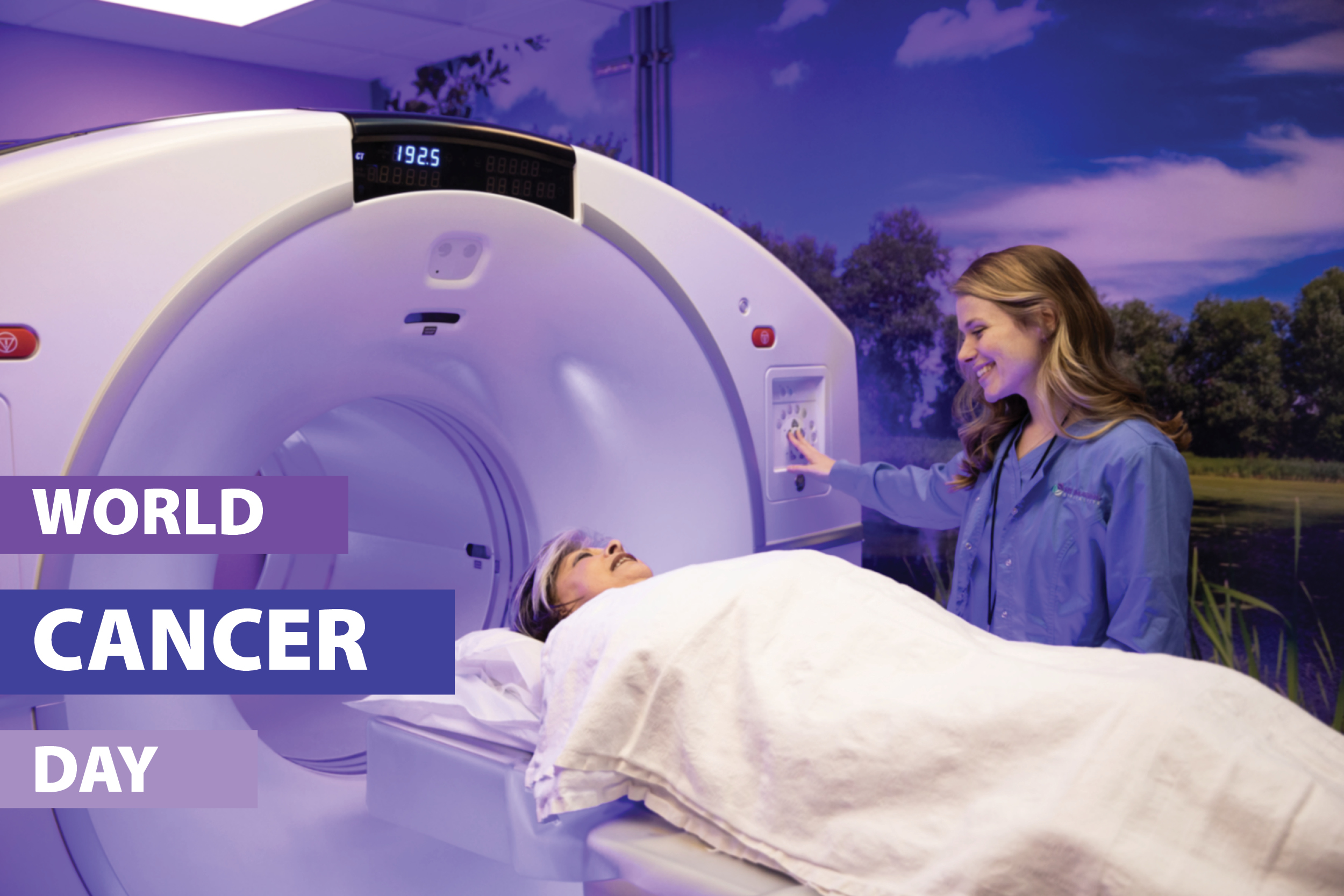When Should I Get Screened for Cancer? A Guide for World Cancer Day
On World Cancer Day, we want to emphasize the importance of cancer screenings in early detection and improved survival rates. Taking care of your body is always important, but when it comes to preventing and diagnosing cancer, you always want to be one step ahead. Cancer screenings can be life-changing when it comes to the prevention and diagnosis of disease. Cancer screenings are used to find cancer before you exhibit symptoms. By finding cancer at its earliest stages, treatment is more effective, and the chances of a positive outcome are greatly increased.
What are the guidelines for determining when someone should have a cancer screening when they are not showing any symptoms?
The guidelines are different for every type of cancer, and it is best to ask your doctor about your individual risk factors and the appropriate cancer screenings for you. Although not all types of cancer have screening options, it is crucial to be aware of your potential risk and take steps to prevent a cancer diagnosis whenever possible.
Medical screening guidelines often vary based on the type of cancer and individual risk factors. For example, annual breast cancer screenings are typically recommended for individuals with average risk starting at age 50. Individuals with the BRCA gene mutation may be advised to begin screenings at age 25. It is important to consider both your genetics and lifestyle when determining your individual cancer risk and the appropriate screening recommendations.
- Women between the ages of 50-74 should have a mammogram every 2 years
- Women between the ages of 21-65 should have a Pap smear every 3 years
- Men and women between the ages of 50-75 should have a colon cancer screening, such as a colonoscopy, every 10 years
- Men between the ages of 55-69 should discuss the potential benefits and risks of prostate cancer screening with their doctor
- Individuals at high risk for certain types of cancer, such as those with a family history of the disease, may need to begin screening at an earlier age or have screenings more frequently.
It's important to note that these are general guidelines, and individuals may have different needs and recommendations based on their medical history, family history, and other factors.
It is important to be aware of your cancer risk, even if no screening options are available. Knowing your risk can help you take proactive steps to cancer prevention. Cancer screenings are an essential preventative step in the battle against cancer. Early detection can greatly improve treatment outcomes and increase the chances of survival. Don't wait. Talk to your doctor.
Schedule a cancer screening today!


